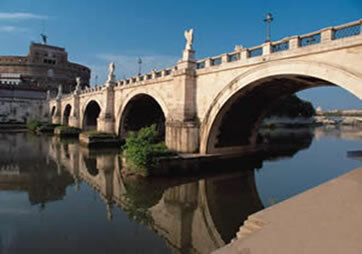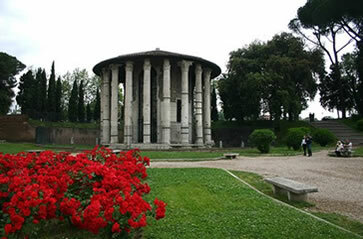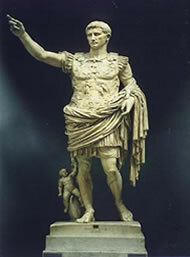THE roman art stood out in the period that was of century VIII a. Ç. to the fourth century d. Ç. Ancient Roman art was heavily influenced by Greek culture and beliefs. An example of this is Roman mythology itself, much like Greek mythology.
It was through architecture that Roman art achieved greater expression and historical significance. Its buildings were grandiose, based on circular bases and on the use of columns and false arches for decoration purposes. The aqueducts, entrances and walls are still seen on the European continent today, demonstrating the magnificence that has translated, through the ages, the greatness of what was ancient Roman civilization.

Bridge over the Tiber River, Italy
The Romans were concerned about the functional and practical character of their architecture. There was, therefore, a harmonious combination between beauty and usefulness in the most varied Roman buildings, such as: theaters, basilicas, religious temples, palaces, roads and bridges that connected the most diverse regions of the empire, facilitating the transit of people and the traffic of goods to others regions.

Temple of Vesta, the goddess of fire in Roman mythology
Roman sculpture was crafted through portraits and statues, often featuring a funereal feature. Roman sculptors sought the most faithful reproduction of reality possible in their works and focused on the psychological aspects, that is, the work evidenced the character, honor and glory of the pictured.

Statue of Augustus in Rome
By Lilian Aguiar
Graduated in History

